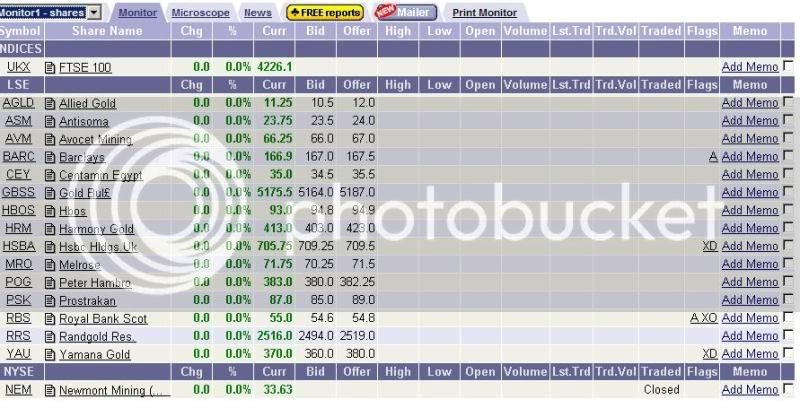The problem with investing is, whoever you give your money too has to make more from it than they are giving back to you. This is why bank interest rates are currently low - because the guaranteed return from an investment is low. As you increase the risk of the investment, you increase the return. You also need to consider the length of time you wish to invest for - you will not make alot in the short term without extremely high risk, but in the long term risk of the same investment diminishes somewhat.
Ignoring fixed rate investments with guaranteed returns (ie savings accounts, govenrment bonds and the like) you are left with property, shares, commodities and some niche markets such as antiques and art. The key to all of these is to buy low, sell high. Ignoring art and antiques, where initial outlay needs to be substantial to get good examples, for the small investor you are left with shares, commodities and property. Over the long term all of these will make money if you spread your portfolio. Even buying property now, with the market still dropping, will make money in the long term since the market will rise again as people always need houses (limited space, not enough stock etc). You will probably see an immediate loss if you did buy now because the market has not bottomed out yet, but if you wait it will peak above its current position eventually. Downside to property is it is not a liquid asset - it takes a long time to turn it into cash.
Looking at shares, share markets are currently down at least a third in the last 12 months. Now is a good time to buy shares - they are cheap. Again in the short term there will be some volatility, possibly further large falls, but as the recession ends and shares rise you will make money - despite all the doom and gloom in the news there has been relatively little from pension funds complaining. This is because shares will rise again and pensions are long term investments. The other beauty of shares is that you can spread the risk of an individual company doing badly by backing the entire FTSE (or share index of your choice) or a range of companies. ie minimising the risk. For shares - watch closely those of advertising companies. Advertising is the first thing to be hit in a recession and the first thing to pick up as a recession ends. If you see them rising the market is probably past bottoming out.
Finally comodities, including gold. Gold is seen as a safe haven, but only in times of hardship. Falls are minimal, but gains in the good times are low compared to other indices such as shares - which is why Gordon Brown sold alot of our reserves - he felt the cash could be better spent/invested in the good times. Gold is safe, but it will drop when greater gains are perceived as being available elsewhere. Do not expect it to keep rising for ever. Other commodities depend on the recession ending and there may be large gains to be made at the right time. If an economy picks up it needs raw material - buying shares in copper mining, or even buying copper itself, will see a return as demand increases, but it will take time for the investment to pay off. Same is true of silver, platinum or any other raw material that demand is currently low for due to the current economic climate.
As with any form of investment, blancing risk and reward is key, and outside of guaranteed returns be prepared for losses as well as gains. Forget about the profits of the big boys in the city that appear on the news, they have millions of other peoples money to play with. For the average man in the street the difference between a 3% and a 6% return is not huge, and for most people certainly not worth the risk of losing the investment capital in the first place.
Steve.





































